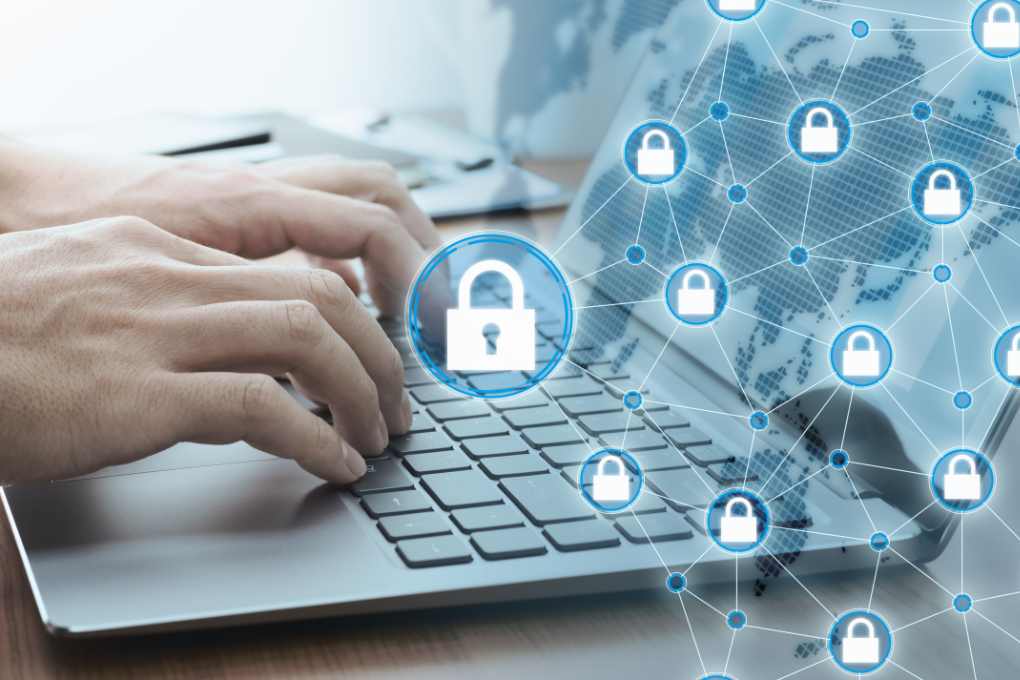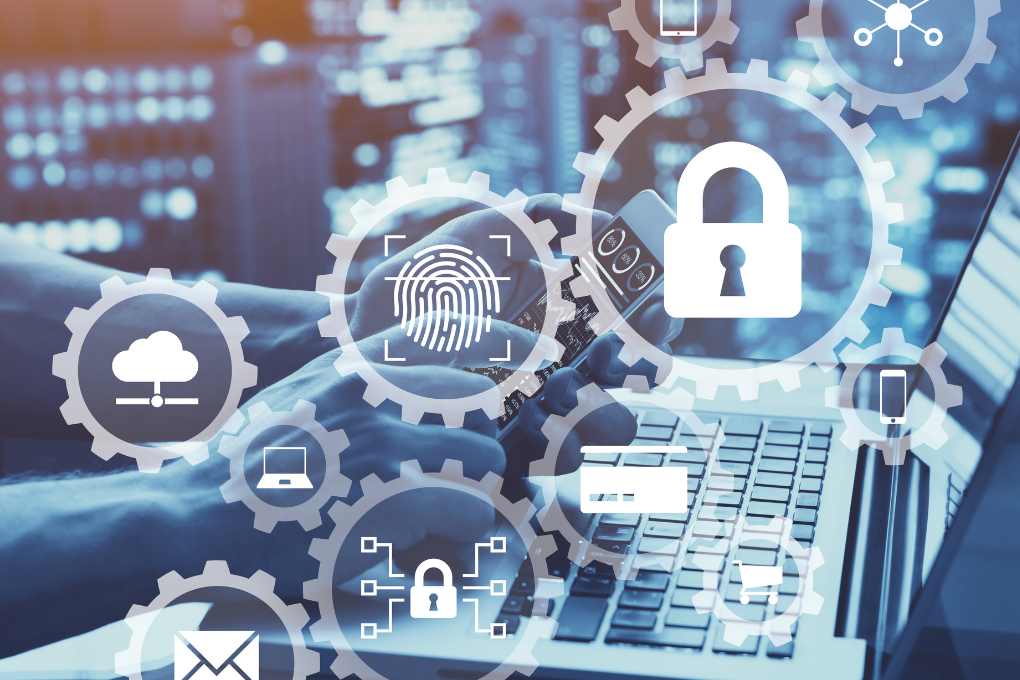Dive into the digital age, but please keep in mind your shield! This blog explores why computer security is crucial in our tech-driven world. As cyberattacks evolve, understanding how to protect your systems and data becomes more important than ever. Join us to learn essential precautions and navigate the digital landscape safely.

Understanding Computer Security
Computer security involves protecting computer systems, networks, and data from unauthorized access, use, disclosure, disruption, modification, or destruction. It includes various practices and technologies aimed at safeguarding information and preventing cyber threats. The objective of computer security is to ensure the confidentiality, integrity, and availability of data.

In today’s interconnected world, computer security has become a critical aspect of our daily lives. We depend on computers and the internet for communication, online banking, shopping, and accessing sensitive information. Without proper security measures, we are vulnerable to various cyber threats like hacking, malware, phishing, and identity theft.
Importance of Confidentiality
Confidentiality is a crucial aspect of computer security, as it ensures that only authorized individuals have access to sensitive information. This prevents unauthorized users from accessing or stealing personal data, financial information, or business secrets. We can protect confidentiality by implementing strong passwords, encryption, and access control mechanisms.

Importance of Integrity
Integrity is another vital element of computer security as it ensures the accuracy, completeness, and consistency of data. Without data integrity, we cannot trust the information stored in our computers or transmitted over networks. By using data backup systems, digital signatures, and secure file transfer protocols, we can maintain the integrity of our data and prevent unauthorized modifications.
Importance of Availability
Availability refers to the accessibility of computer systems and data when needed. It ensures that our systems are up and running without any disruptions or downtime. Without proper availability, we may face significant productivity losses, financial implications, and even reputational damage. By implementing robust backup systems, redundancy measures, and disaster recovery plans, we can ensure the availability of our systems even in the event of an attack or system failure.
Types of Cyber Threats
Understanding the different types of cyber threats is crucial for grasping the importance of computer security. Let’s take a look at some common cyber threats that individuals and organizations encounter:

Malware: Malware, which stands for malicious software, includes viruses, worms, trojans, ransomware, and spyware. It is designed to harm or exploit computer systems and can enter our computers through email attachments, infected websites, or malicious downloads. Once inside, it can steal sensitive data, corrupt files, or take control of our computers.
Phishing: Phishing is a social engineering technique used by cybercriminals to deceive people into revealing sensitive information such as passwords, credit card numbers, or social security numbers. Phishing attacks often involve deceptive emails, websites, or phone calls that appear to be from trusted sources. Falling victim to phishing can lead to financial loss, identity theft, or unauthorized access to accounts.
Hacking: Hacking involves unauthorized access or intrusion into computer systems or networks. Hackers exploit vulnerabilities in software, weak passwords, or outdated security protocols to gain unauthorized access. Once inside, they can steal data, disrupt operations, or engage in other malicious activities. Hacking can have serious consequences for individuals, businesses, and even governments.
Importance of Computer Security for Individuals
Computer security is equally important for individuals as it is for organizations. As individuals, we store personal data, engage in online transactions, and communicate sensitive information through our computers. Here are some reasons why computer security is crucial for individuals:

Protection of Personal Information: Computer security ensures the protection of our personal information, such as social security numbers, addresses, and financial details. With adequate security measures in place, we can prevent identity theft and safeguard our privacy.
Secure Online Transactions: With the rise of e-commerce, online banking, and digital payments, it is essential to have robust computer security to ensure secure online transactions. By protecting our financial information and utilizing secure payment gateways, we can minimize the risk of fraudulent activities.
Prevention of Cyberbullying: Computer security measures can help in preventing cyberbullying and harassment. By implementing parental control software and monitoring internet activities, we can protect ourselves and our loved ones from online threats.
Importance of Computer Security for Organizations
Organizations, both small and large, heavily rely on computers and networks to store and process critical data. Here are some reasons why computer security is crucial for organizations:

Protection of Intellectual Property: Intellectual property, such as proprietary software, trade secrets, and confidential client information, is invaluable for organizations. Implementing robust computer security measures ensures the protection of intellectual property from unauthorized access or theft.
Prevention of Data Breaches: Data breaches can have severe financial and reputational implications for organizations. By implementing proper computer security measures, such as firewalls, intrusion detection systems, and regular security audits, organizations can reduce the risk of data breaches and protect sensitive customer and employee data.
Continuity of Operations: Computer security is essential for the continuity of business operations. By protecting computer systems from cyber threats, organizations can minimize disruptions, avoid financial losses, and maintain the trust of their customers and stakeholders.
Computer security is very important in today’s digital age, where we depend heavily on computers and networks for many tasks. By understanding the importance of computer security and taking appropriate measures, we can protect our personal information, avoid financial loss, and ensure that our operations continue. Investing in computer security is not only a proactive way to protect our digital lives but also a responsible decision in the face of evolving cyber threats.
If you want to improve your website’s visibility and rank higher on Google’s search results, take a look at this complete guide on “How to Rank on Google’s First Page: The Ultimate Guide” for expert advice and practical tips to move your site to the top.






